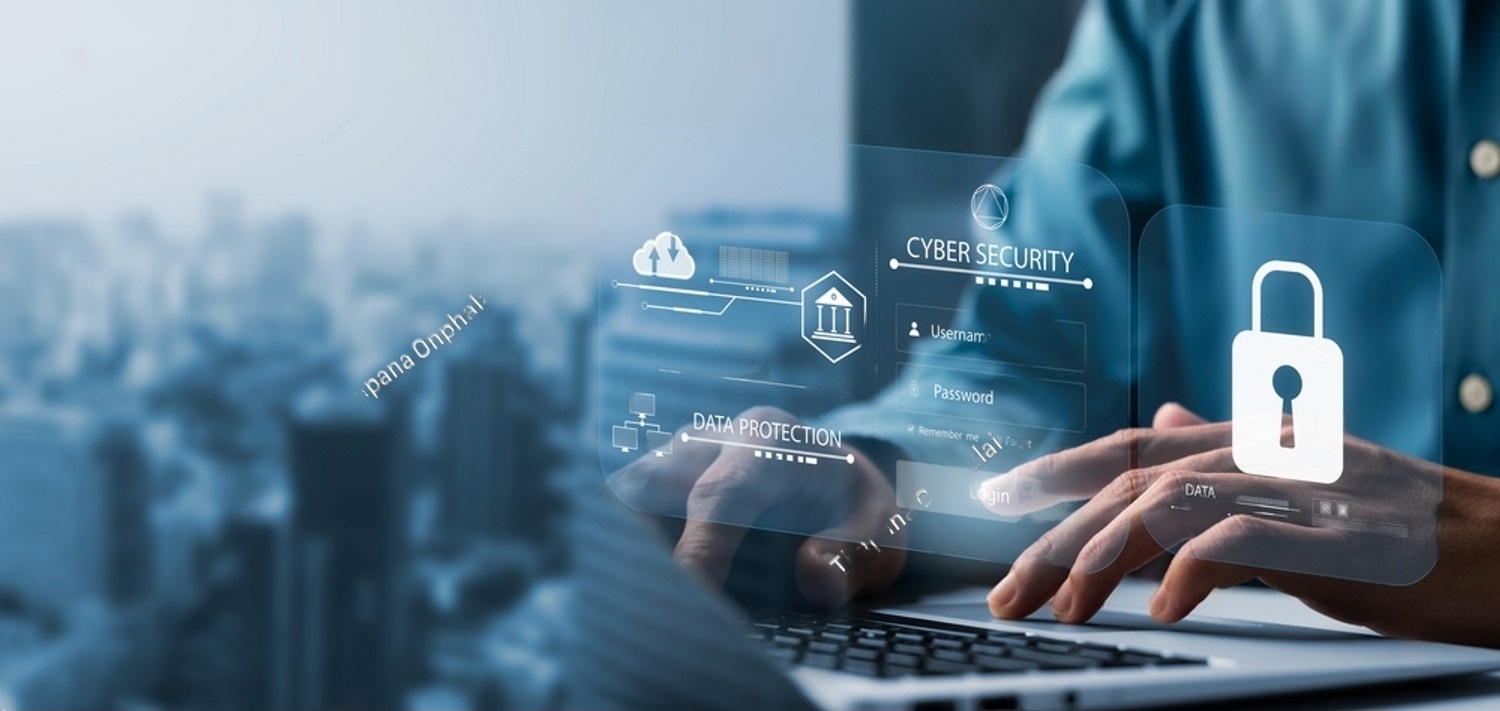The internet offers easy access to a wonderful world of numerous products and a wide selection of services, entertainment and information. But at the same time it creates an abundance of opportunities for scammers, hackers and identity thieves.
Heightened online security measures should be a number one priority during the holiday season as more and more people are buying and or selling Christmas presents through the more convenient online shopping sites and using their credit cards, bank ATM’s and other gadgets to pay for their various online purchases. Now since, unscrupulous online activities and opportunistic computer hackers and phishing activities are on the upswing and are more widespread during this time of the year, this could leave your business vulnerable to attacks anytime and could compromise your esteemed clients’ information and identities.
Inconspicuous spam, viruses and malware are also some of the many potential threats to your otherwise worry free business. Computer hacking and phishing activities more than double during the holiday season when unwary shoppers and businesses are most at risk with this kind of illegal activity. With CMSIT’s WatchGuard on the lookout which is recognized as one of the world’s most fully-integrated and multifaceted network threat protection systems in the industry that checks your system against these possible threats, your company’s vulnerability is highly lessened to the utmost minimum. Plus to top it all, CMSIT’s WatchGuard certified engineers can normally implement a suitable Unified Threat Management (UTM) appliance to provide your network top of the line security measures.
Ever heard of the word Phishing? Well, Phishing is when a scammer uses fraudulent emails or texts or copycat websites to get you to unknowingly share valuable personal information – such as account numbers, Social Security numbers, or your login IDs and passwords. These scammers use your information to steal your money or your identity or both. Scammers also use phishing emails to get access to your computer or network, then they install programs like ransomware that can lock you out of important files on your computer. Phishing scammers lure unwary targets into a false sense of security by bootlegging the well-known trusted logos of well established, legitimate businesses. Or they may also pretend to be a friend or family member.
It is recommended that as often as possible remember to update your software to keep you safe against the latest online threats. Keep your software including your operating system, the web browsers you use to connect to the Internet, and various apps up to date to protect your computer against threats. Most software automatically updates itself, so do make sure to set yours to do so. Outdated software is easier for criminals and unscrupulous persons to break into. If you highly suspect that you have a virus or bad software on your computer check out how to detect and get rid of malware as soon as possible.
Legitimate businesses that are cautious of online security threats can do something about it to protect their own company and also provide their clients the added sense of security when doing their daily business undertakings with them, most especially this Christmas season.











